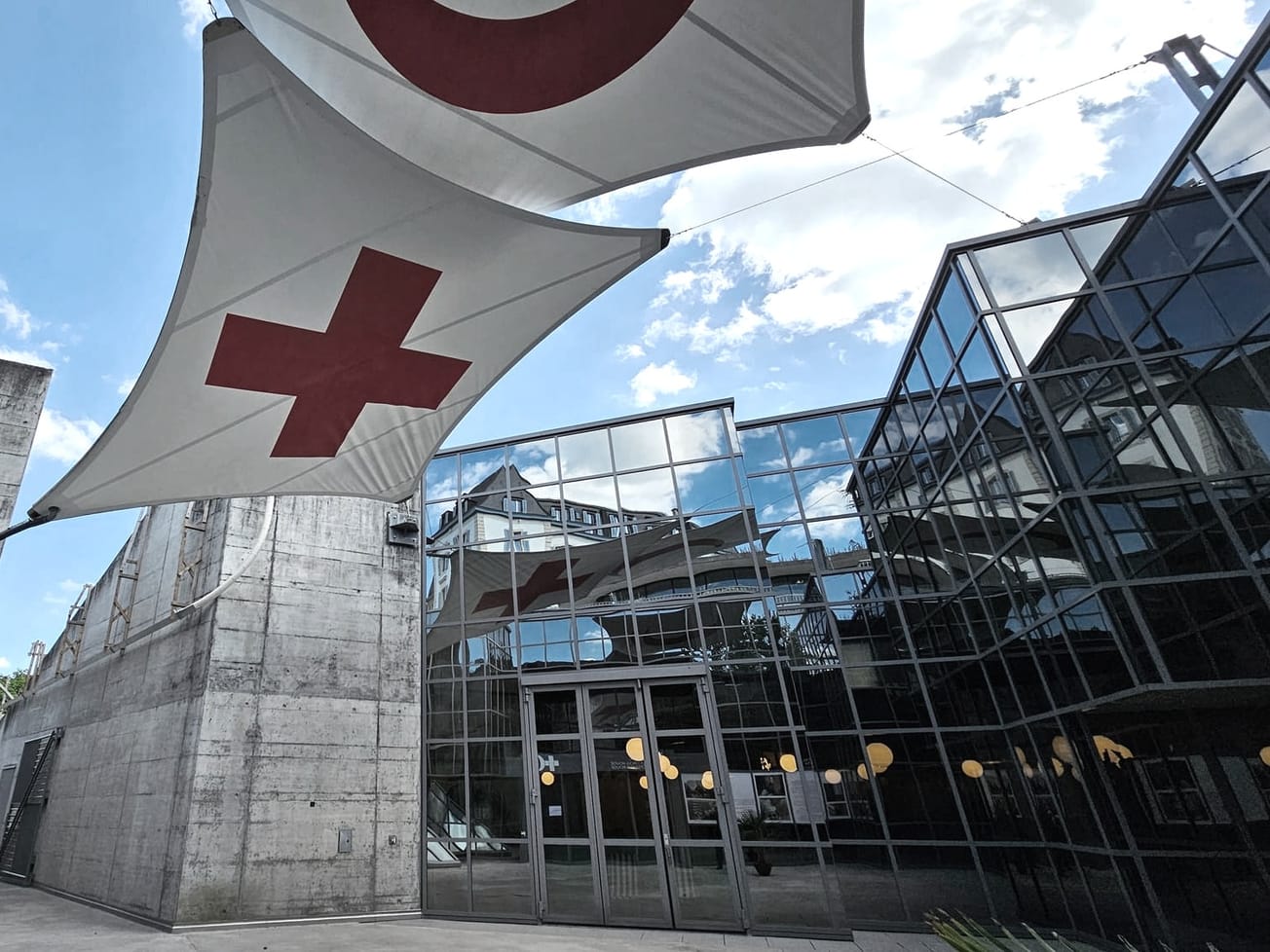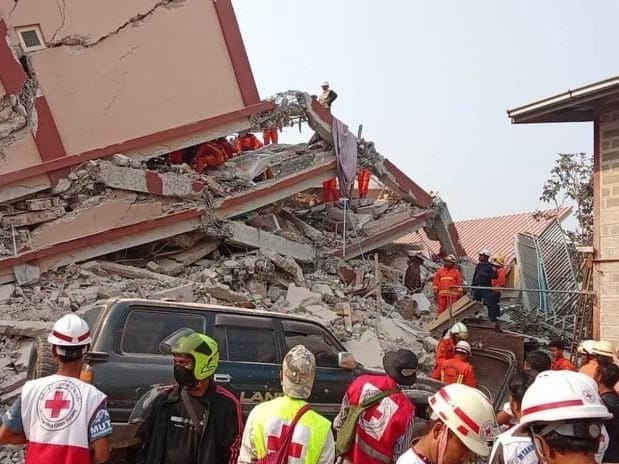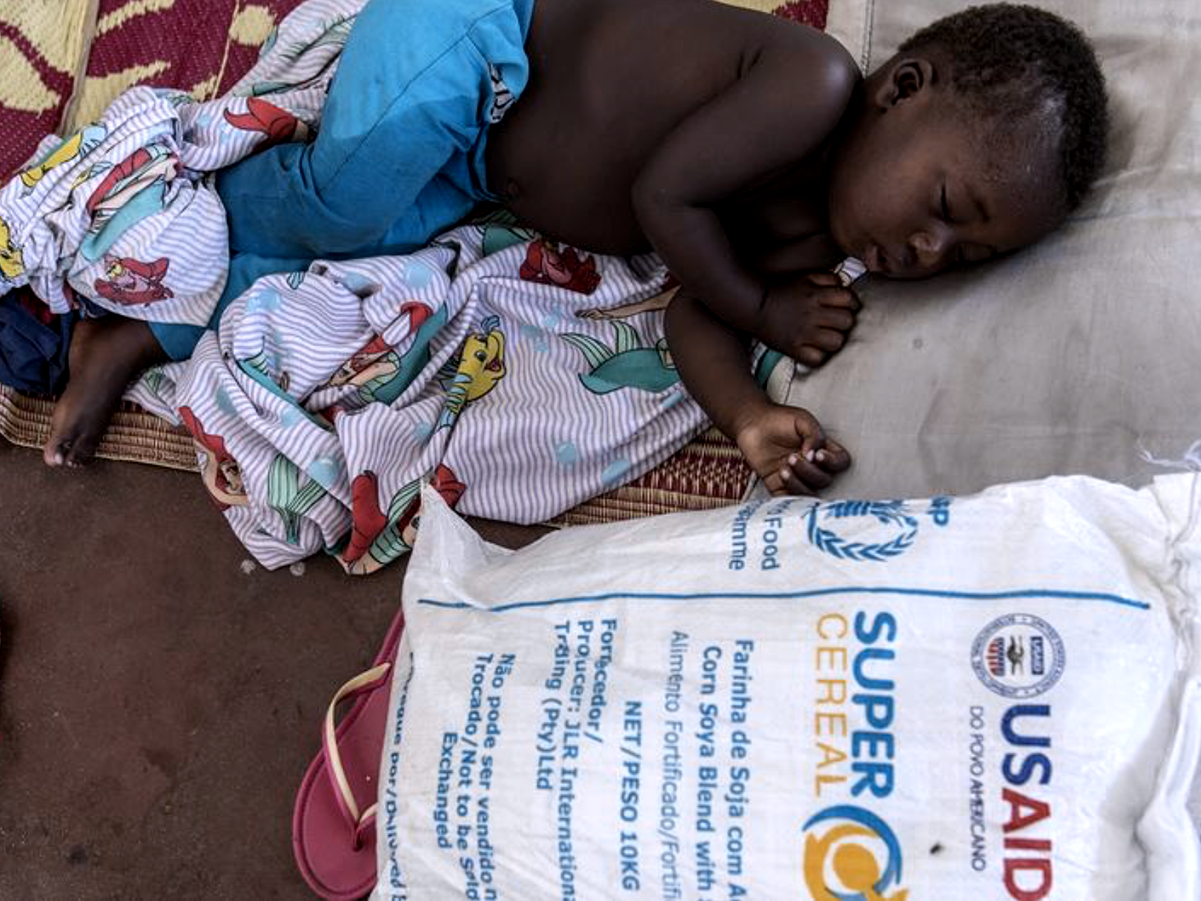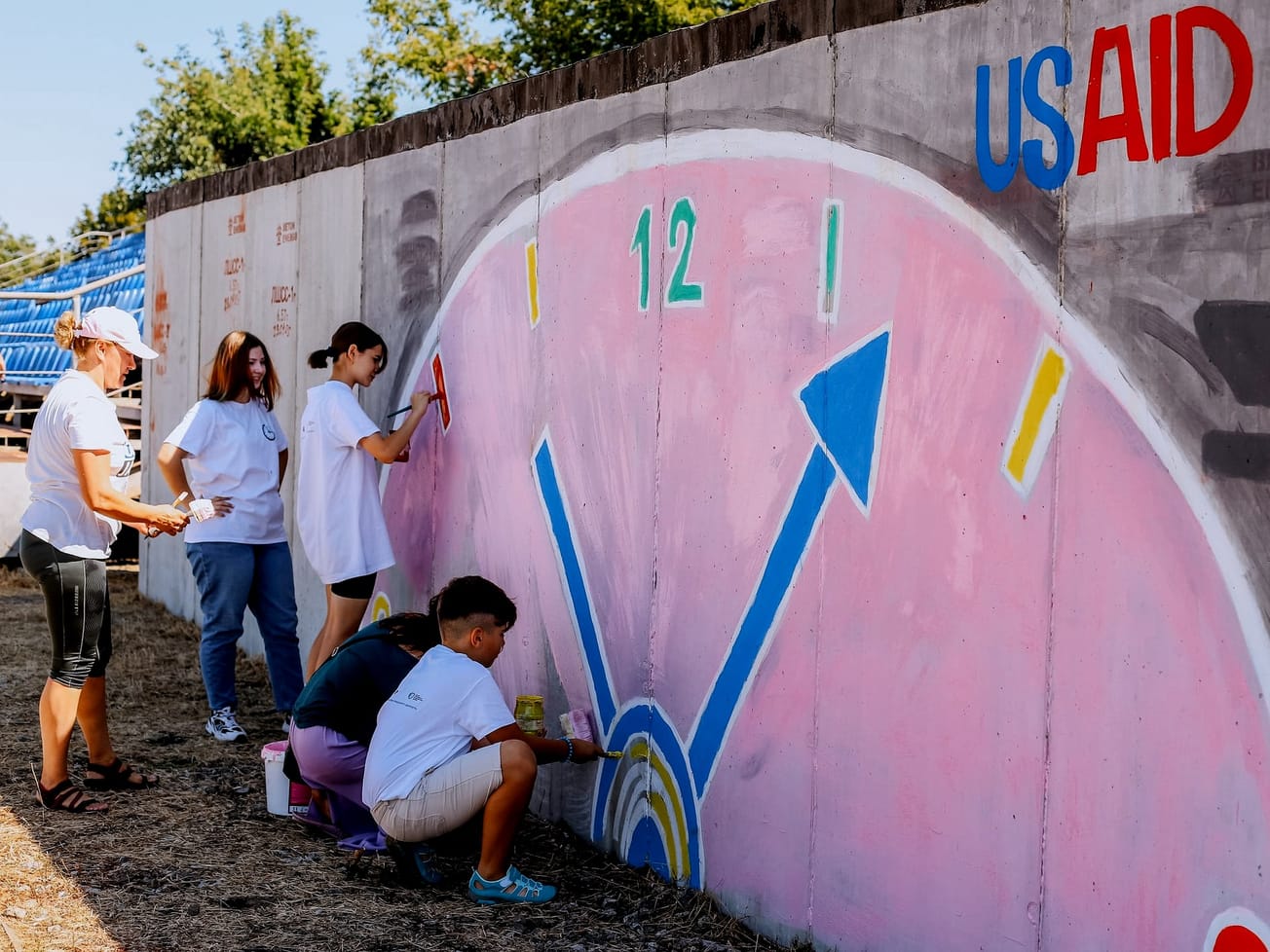GENEVA (AN) — The 1949 Geneva Conventions and their additional protocols that form the bedrock of international humanitarian law are now three quarters of a century old, but their guardian says they are as essential as ever – and must be regarded as a global "political priority."
What's new: The International Committee of the Red Cross on Monday observed the 75th anniversary of the four Geneva Conventions' adoption at an international conference on August 12, 1949. The four treaties, which form the rules of war, have been ratified or acceded to by virtually all nations and supplemented by additional protocols of 1977 and 2005.









